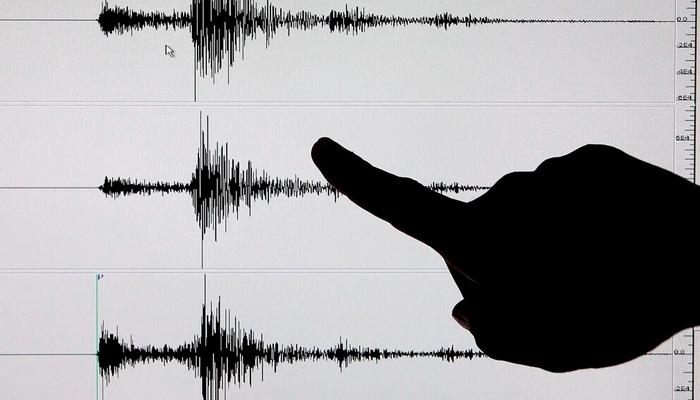Apps to detect earthquakes: Seismic activity in real time
The digital era has brought with it a series of technological advances that have impacted many areas of our lives, and the prevention of natural disasters is no exception. With growing concerns about public safety, the search for effective tools to detect earthquakes has become a priority.
In this context, applications to detect earthquakes have emerged as a promising alternative to keep people informed and thus reduce the risks associated with these catastrophic events.
In this article you will find:- What are the best apps for detecting earthquakes?
- Pros and Cons
- Are earthquake detection apps reliable?
- Our opinion
What are the best apps for detecting earthquakes?
The five best apps for detecting earthquakes are:
- Earthquake Network
- MyShake
- QuakeFeed
- LastQuake
- Seismometer
1. Earthquake Network
Earthquake Network is an application that allows users to receive real-time alerts about earthquakes.
It uses a network of connected smartphones to detect earthquakes and provide detailed information about their magnitude and location. Additionally, the app allows users to report earthquakes and share information with other members of the community.
2. MyShake
Developed by the University of California, Berkeley, MyShake is an app that turns your smartphone into a personal seismometer. It detects earthquakes and sends alerts to users, helping to provide crucial information in real time.
MyShake also contributes to global seismic research by collecting anonymous data from its users.
3. QuakeFeed
QuakeFeed is an earthquake tracking app that provides instant notifications about seismic events around the world.
It displays detailed information such as the magnitude, depth, and location of earthquakes in an easy-to-understand format. Additionally, the app provides interactive maps and sharing features to keep users informed.
4. LastQuake
LastQuake is an application developed by the French Geological Survey (BRGM) that offers real-time information about earthquakes.
It provides customizable alerts based on the user’s location and earthquake intensity. Additionally, LastQuake includes social sharing features and allows users to report earthquake damage.
5. Seismometer
Seismometer is an app that turns your smartphone into a personal pocket seismometer. It allows users to monitor seismic activity in real time and receive alerts about earthquakes in their region.
The app also offers detailed graphs and analysis of the collected seismic data, making it a valuable educational tool.
Pros and Cons
When considering using apps to detect earthquakes, it’s important to weigh the pros and cons:
Pros:
- Real-time alerts: Apps provide immediate alerts about earthquakes, allowing people to quickly take action to protect themselves.
- Accessibility: They are widely accessible from smartphones, making them a convenient option for most people.
- Comprehensive information: Provides detailed data on the magnitude and location of earthquakes.
- Information Sharing: Allow users to share earthquake information with their networks, raising awareness.
- Continuous development: They are subject to constant improvements, which can improve their accuracy and usefulness over time.
Cons:
- Internet dependence: The effectiveness of these applications depends on the availability of an internet connection.
- Possible false alarms: In some situations, false alerts may occur, which can lead to distrust.
- Limitations in detection: Some low-magnitude earthquakes may not be detected by applications.
- Device Compatibility: Not all smartphones are compatible with all earthquake detection apps.
- Excessive battery usage: Constantly running the app can drain your device’s battery quickly.
Are earthquake detection apps reliable?
The reliability of applications for detecting earthquakes is a key issue. These tools have proven effective in detecting significant earthquakes and provide useful alerts for most users.
However, it is important to understand its limitations. The accuracy of the alerts depends on the quality of smartphone sensors and the seismic detection infrastructure available in the region. In areas with little seismic coverage, reliability may be lower.
Therefore, although apps are a valuable tool, they should not be the only source of information and warning in earthquake situations. It is advisable to complement its use with other reliable sources, such as government emergency alert systems and professional seismic stations.
Our opinion
Applications for detecting earthquakes represent a significant advance in the area of natural disaster prevention. They offer the ability to instantly alert people that earthquakes are occurring, allowing them to take action to protect their lives and property.
However, it is essential to use them with discernment, recognizing their limitations and complementing them with other reliable sources of information. These tools have the potential to save lives and minimize damage, as long as they are used responsibly and in conjunction with alert systems established by the competent authorities.










